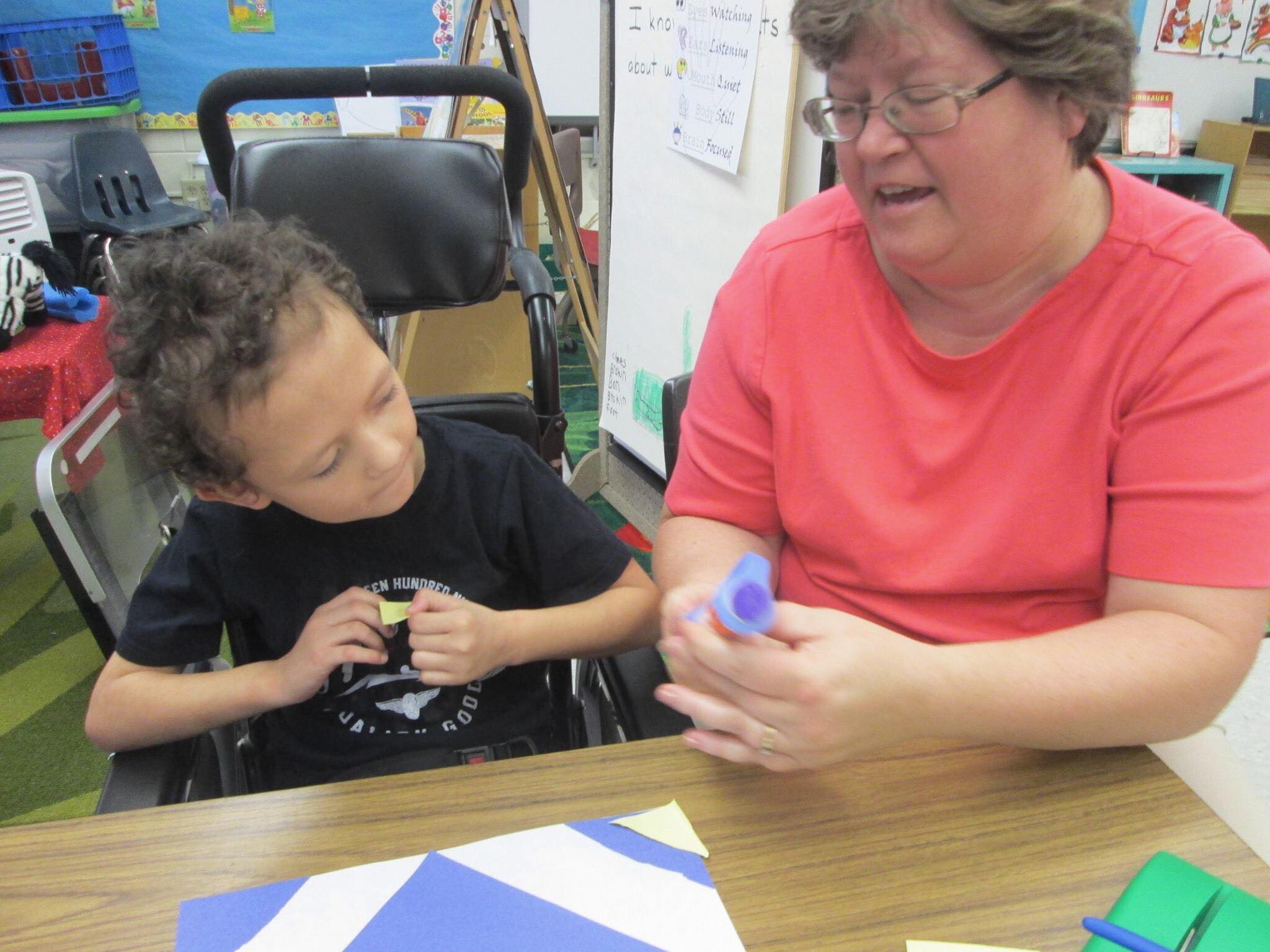
Furry says, “Let’s Stomp Out Stigma!”
Stigma continues due to a lack of knowledge and awareness about rights, legality and how to empower people with a learning disability.
Stigma and discrimination makes people with a learning disability more prone to lower self-confidence and increased vulnerability (Jahoda and Markova, 2004)
Stigma and discrimination
 Beyond school time
Beyond school time
- People in the local area calling them names
- People in the local area ignoring them
- Violent physical contact by people in the local area
- Their parents restricting them
- Their siblings calling them names
Within school time
- Being ridiculed/called names by other pupils
- Violent physical contact from other pupils
- Being ignored by other pupils
- Teachers giving unwanted extra help
- Teachers refusing to help
- Teachers getting angry about the mistakes they made
- Being ridiculed by teachers
(Cooney et al., 2006)
Source:
- Cooney, G., Jahoda, A., Gumley, A. & Knott, F. (2006). Young people with learning disabilities attending mainstream and segregated schooling: perceived stigma, social comparisons and future aspirations. Journal of Intellectual Disability Research, 50, 432-445.
- Jahoda, A. (1995). Quality of Life: Hope for the Future or an Echo from the Distant Past? In I. Markova and R. Farr (Eds.) Representations of Health, Illness and Handicap (page range). Singapore: Harwood.
- Jahoda, A. Cattermole, M. & Markova I. (1989). Stigma and the self-concept of people with a mild mental handicap, Journal of Mental Deficiency Research, 32, 103-115.
- Jahoda, A., Dagnan, D., Jarvie,P., & Kerr,W. (2006). Depression, social context and cognitive behavioural therapy for people who have intellectual disabilities. Journal of Applied Research in Intellectual Disabilities, 19, 81-89.
- Jahoda, A. & Markova, I. (2004). Coping with social stigma: People with intellectual disabilities moving from institutions and family home. Journal of Intellectual Disability Research, 48, 719-729.
- Jahoda, A., Trower, P., Pert, C. & Finn, D. (2001). Contingent reinforcement or defending the self? A review of evolving models of aggression in people with mild learning disabilities. British Journal of Medical Psychology